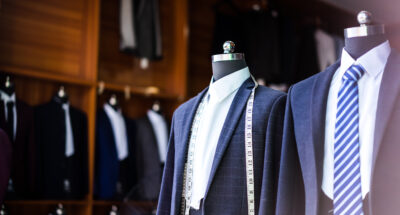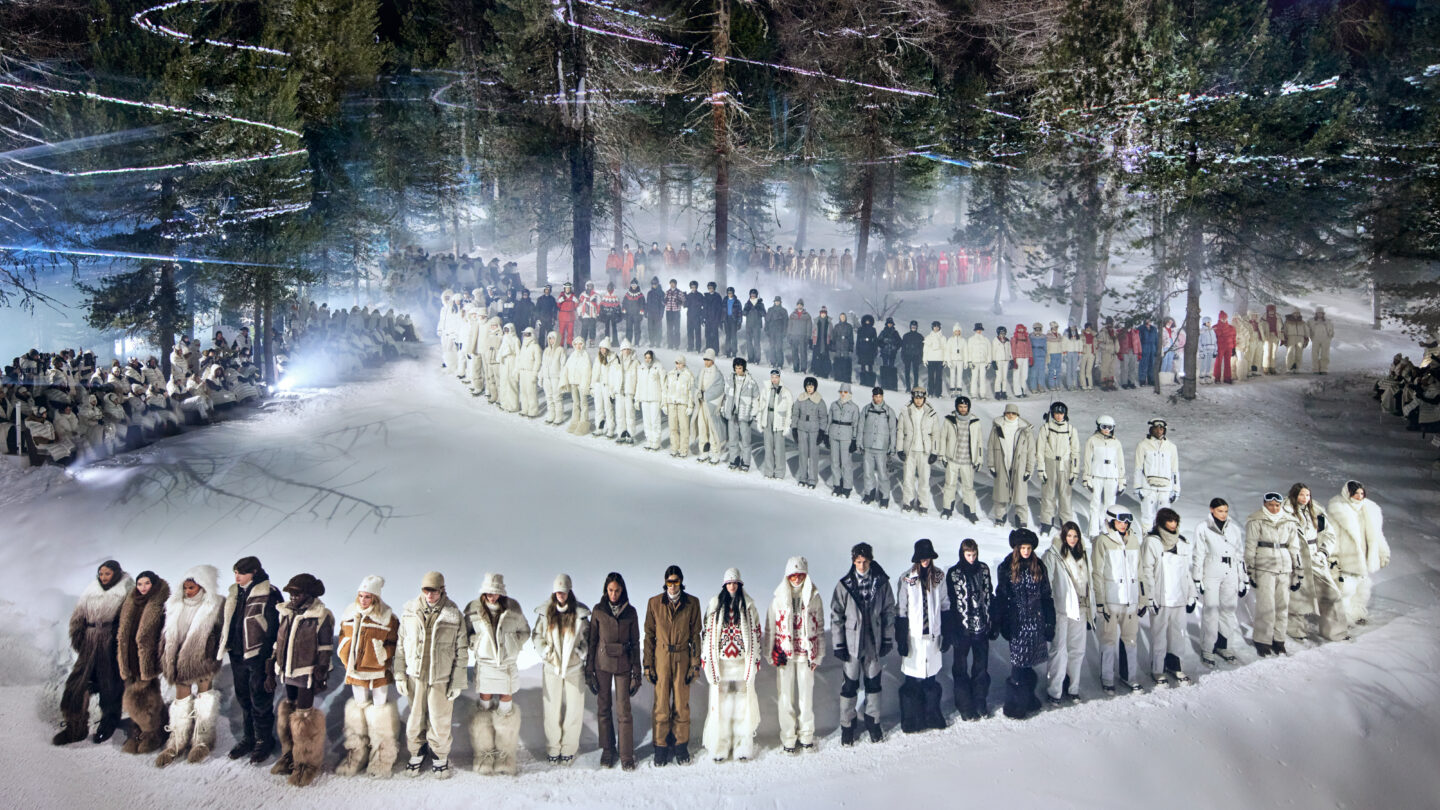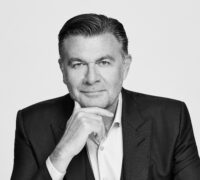Separating what excellence means for employees, leaders, and brands
Test, learn, fail, and scale could become the new norm in luxury. It aligns with the fact we are seeing more collaborations, more breaking down of silos, and increased digital acumen and better use of data to understand customers better.
Leaders must realize we are moving from a culture of fear to one of psychological safety and courage; that people need to learn from their mistakes to do something greater. For example, the journey towards positive impact sustainability often requires trial and error. If you are a truly excellent company you will tolerate mistakes, but not incompetence. You will lay the ground for employees to experiment, without of course damaging brand reputation.
Leaders need to be like sponges, taking ideas from everyone and appreciating that together they can achieve more. They need to define the root and the journey with their teams and stick to it. Consistency in the delivery yields results, all the while knowing though you could perfectly well come up with something new each year-round.
You might well be dubious about whether leaders can change the company culture. Eggs says if there’s one way they can it’s by involving people. “When I joined Moncler, my mission was to redefine the direct-to-costumer approach of the company. This involved changing the way we were defining, planning, and delivering our collections to our stores, but also enlarging the culture that was very much product driven to a culture that became product and client oriented. We needed a cultural change in the company; therefore, I spent the first nine months working with my teams and redefining our retail excellence approach.
50% of the business was done by wholesale, 50% was done by retail and the mission I got was to undo the fact that ‘we are doing retail but doing it like we are a wholesale distributor still’. We had a lot of meetings with employees over the course of nine months. I think they were the best nine months ever invested in the company.”
In a more regionalized world, giving extra power to local entities to come up with ideas that resonate with their communities is going to be fundamental. Achieving excellence within this context will require greater balance between leading society and following where society is. Luxury may have thrived by cultivating a certain mystique, but its reinvention will require a heavy dose of transparency such that this will become a core value that underpins the industry.










 Audio available
Audio available